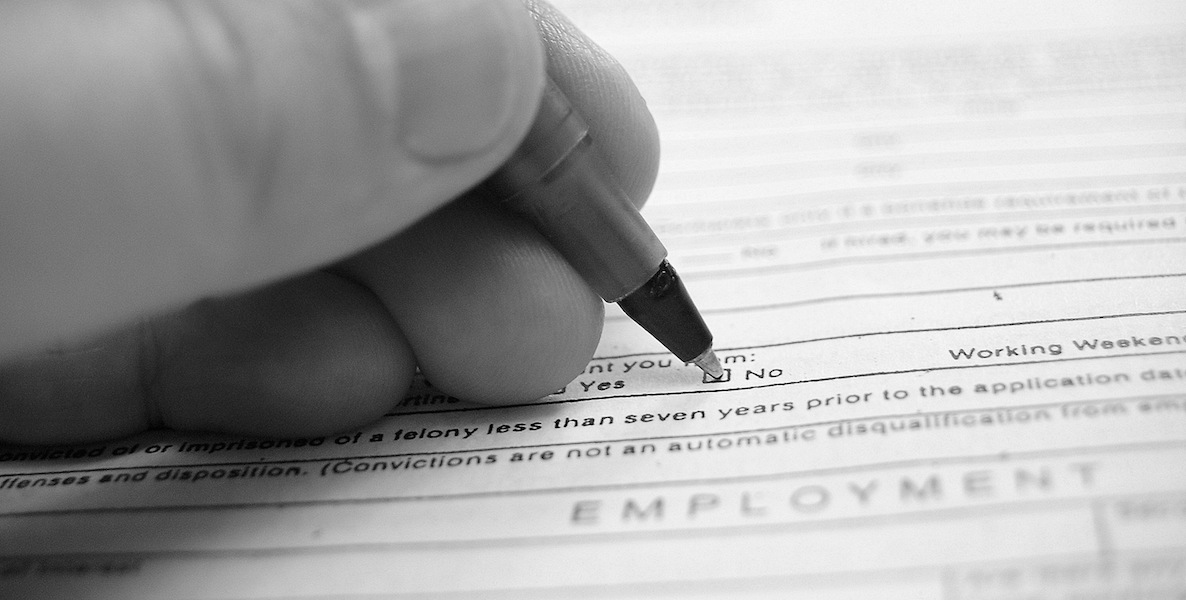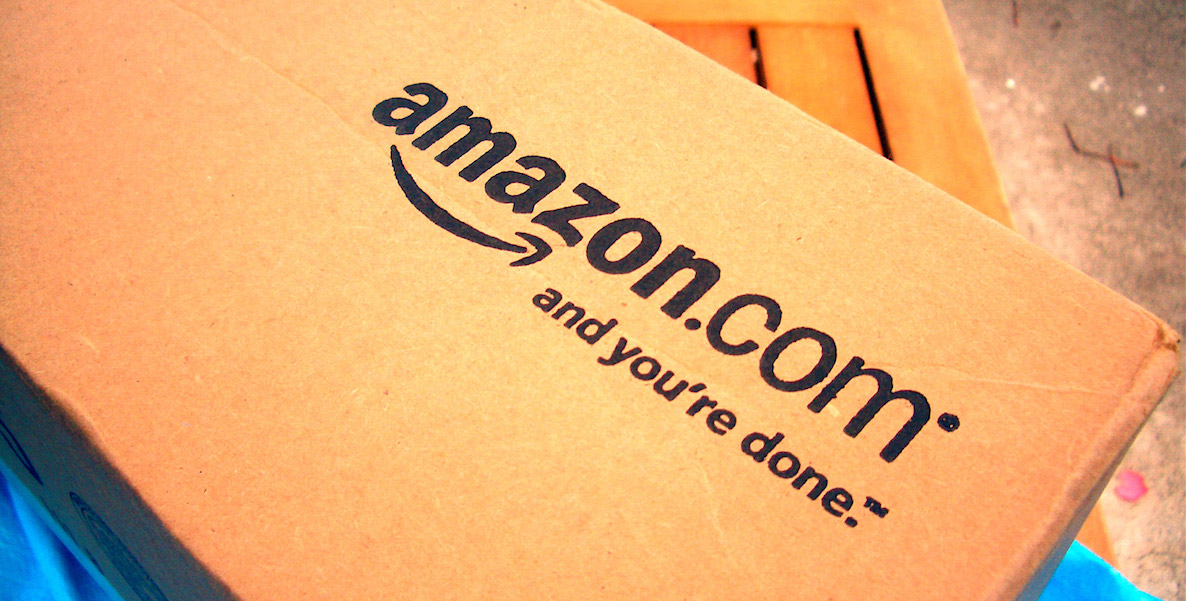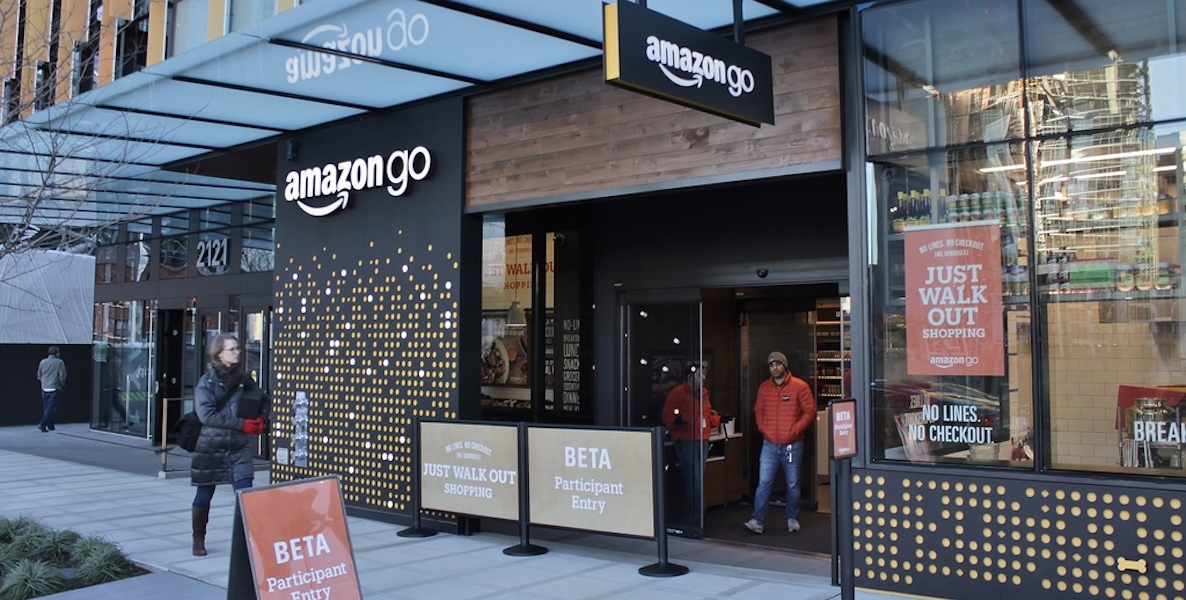It’s easy to get excited about Amazon’s HQ2 possibly setting shop in Philly when all you’re doing is looking at the billboard. Who wouldn’t? In terms of the brand optimize, it could be as huge as the Eagle’s Super Bowl win. Economically, the toplines are hard to argue with: 50,000 plus jobs. That’s not bad for a year’s pitch. If you’re a city leader, natural reflex—rightly—is that you jump on that. You double up on back flips to make whatever accommodation you can make.

That’s presently the state of things, as Philly sits atop the world, making the Top 20 finalists for Amazon HQ2 and a football championship in a manner of weeks. The odds of making the HQ2 finalist set were as high as the once impossible odds of winning the Lombardi—Philly managed to outshine 238 contestants all fiercely vying for the same hustle.
To make the Top 20 list is an achievement in and of itself worth blasting on more than a few marketing brochures (“Welcome to Philly, an Amazon HQ2 Top 20 Finalist”). And even the Druids of Market Economics, Moody’s Analytics, spotted Philly as in the Top 3 vanguard of cities it would choose if it were making the decision, just behind Austin and Atlanta. Philly grabbed high scores for human capital and geography.
![]() But it’s time we take the HQ2 noise down a notch for a realistic conversation on what Amazon really represents. Missed in all the excitement over the HQ2 bid’s rise and the Eagles meteoric sports journey was the Economic Policy Institute’s report entitled “Unfulfilled Promises: Amazon fulfillment centers do not generate broad-based employment growth,” released a few days before Minneapolis glory.
But it’s time we take the HQ2 noise down a notch for a realistic conversation on what Amazon really represents. Missed in all the excitement over the HQ2 bid’s rise and the Eagles meteoric sports journey was the Economic Policy Institute’s report entitled “Unfulfilled Promises: Amazon fulfillment centers do not generate broad-based employment growth,” released a few days before Minneapolis glory.
“When Amazon opens a new fulfillment center, the host county gains roughly 30 percent more warehousing and storage jobs but no new net jobs overall, as the jobs created in warehousing and storage are likely offset by job losses in other industries,” notes EPI researchers Janelle Jones and Ben Zipperer. “Why it matters: State and local governments give away millions in tax abatements, credits, exemptions, and infrastructure assistance to lure Amazon warehouses but don’t get a commensurate ‘return’ on that investment.”
Jones and Zipperer add that there are actually “reductions” in county-wide employment when Amazon opens up fulfillment shop. Philadelphia media—save a mention during WURD’s Reality Check broadcast—completely failed to report that, perhaps out of the bliss of its football euphoria and not wanting to report on anything that could rain on a parade.
![]() And even though the EPI study focused primarily on fulfillment centers—and not gargantuan East Coast headquarters—fulfillment centers are at the core of Amazon’s business model. Plus, this still offers us a crucial glimpse into what life in and around the Greater Philadelphia region might be should HQ2 arrive, or how Amazon’s presence could translate into an enormous burden for a Philly that’s caught gullible and unprepared. Naturally, it will need fulfillment centers all around to sustain it.
And even though the EPI study focused primarily on fulfillment centers—and not gargantuan East Coast headquarters—fulfillment centers are at the core of Amazon’s business model. Plus, this still offers us a crucial glimpse into what life in and around the Greater Philadelphia region might be should HQ2 arrive, or how Amazon’s presence could translate into an enormous burden for a Philly that’s caught gullible and unprepared. Naturally, it will need fulfillment centers all around to sustain it.
This wasn’t the first study or examination of what Amazon’s impact would be like on a city like Philadelphia. KUOW Public Radio Seattle’s Joshua McNichols offers a CityLab listicle of fairly unnerving things to think about, including that one about the lack of diversity—something Philly’s diverse populations are already used to, granted. But why would we want someone from the West Coast barging in with even more of it? Warnings on everything from traffic and infrastructure issues to super-gentrification and housing busts (something else Philly doesn’t need more of) have been increasing with frequency the closer we’ve gotten to an announcement.
Warnings on everything from traffic and infrastructure issues to super-gentrification and housing busts (something else Philly doesn’t need more of) have been increasing with frequency the closer we’ve gotten to an announcement.
Now, no one’s saying we should reject the HQ2 offer if it arrives. That’s political, business and marketing suicide wrapped in fatal sushi. Go ahead and take it if comes. Amazon is the genius of convenience, the shopping life now made so simple by a Prime membership and Buy Now with 1-Click, a universe where you can magically acquire anything—other than a house and a car—you want, assuming you have the cash to spare for it.
That’s where anything positive about Amazon seems to stop. Burrowing deep into the details of how it operates, it won’t be too long before we find shrewd, clinical corporate indifference to anything resembling community, from stories about its unapologetic culture to Read-the-Label first warnings from HQ1 city Seattle. These stories are adding up, yet we all decidedly ignore them because God forbid anyone suggest shutting down our ability to order any damn thing we want on demand, without leaving the house, groceries soon to follow.
![]() The problem isn’t so much with Amazon arriving in Philly. The problem is that Philly isn’t appearing to have a spirited conversation with itself about the bad, inequality-driving things that will happen—no doubt—if and when it gets here. There’s too much expectation that it will all just trickle down to where it’s needed, but there are no formal assurances to date.
The problem isn’t so much with Amazon arriving in Philly. The problem is that Philly isn’t appearing to have a spirited conversation with itself about the bad, inequality-driving things that will happen—no doubt—if and when it gets here. There’s too much expectation that it will all just trickle down to where it’s needed, but there are no formal assurances to date.
Perhaps, the city could steal an idea from the Progressive Policy Institute, which has called on Congress to change their tax bill to only reward corporations that reinvest their tax gains in their workers or public benefit corporations. Philly already is the only city to give tax breaks to B Corps—companies that prioritize people and planets in addition to profits. And we have—like every other city—already promised Amazon a ton of tax breaks.
What if we offered additional savings if the company invests in local employees, or education, or infrastructure? Those investments could be Amazon creating the national standard for a real, open pipeline of diverse STEAM talent that it will need for its business model, and encouraging the technology sector to do that same. That could be a win-win for all of us.
Yet, when we avoid putting down the pom-poms and having the realistic Amazon conversation on, we avoid crafting those types of ideas. Since policymakers and city leaders don’t hear us worried or clamoring for explanations, we unwittingly diminish needed accountability on the topic. They cut deals with long-term and potential devastating consequences right under our radar.
We’re already a city split in two disparate economic halves, a place long too comfortable with having so many people destitute. We don’t need a mega-corp coming in to exacerbate that. We need a conversation America’s poorest big city, as exuberant as it finds itself, deserves to have.
Charles D. Ellison is Executive Producer and Host of “Reality Check,” which airs Monday-Thursday, 4-7 p.m. on WURD Radio (96.1FM/900AM). Check out The Citizen’s weekly segment on his show every Tuesday at 6 p.m. Ellison is also Principal of B|E Strategy, the Washington Correspondent for The Philadelphia Tribune and Contributing Politics Editor to TheRoot.com. Catch him if you can @ellisonreport on Twitter.
Header photo: mikeblogs via Flickr.






